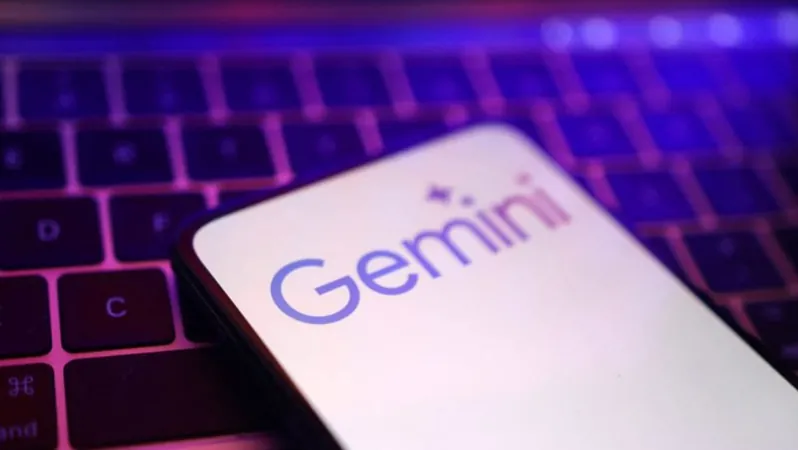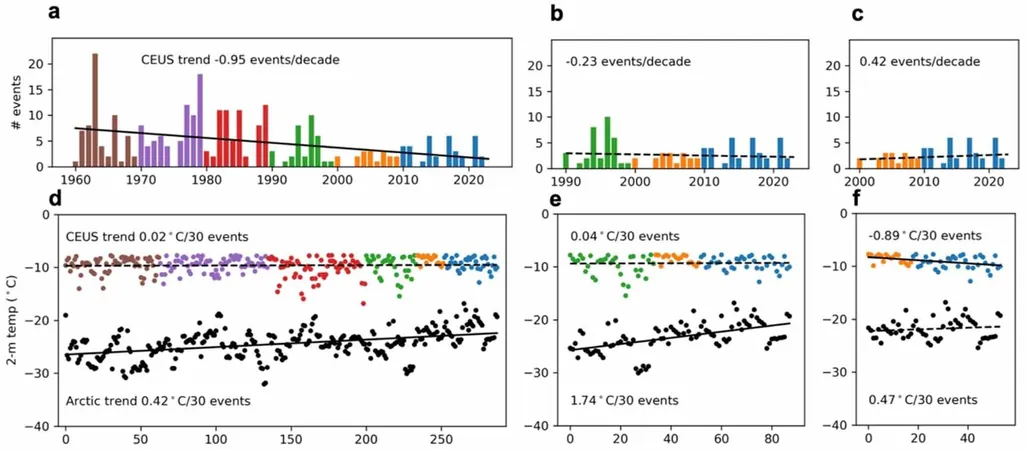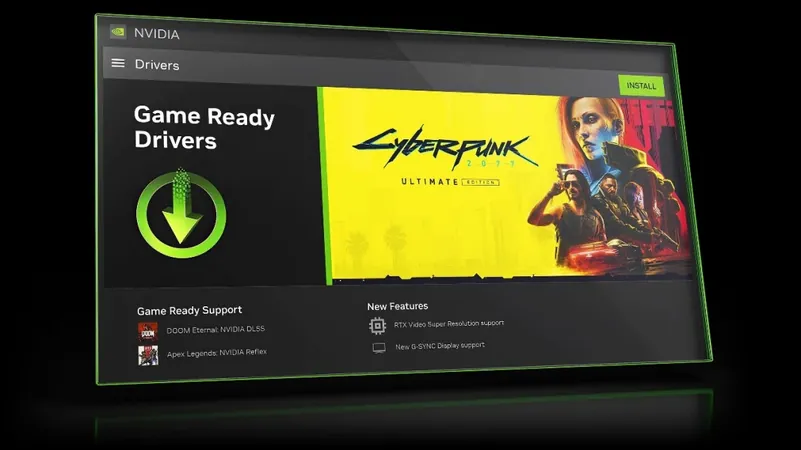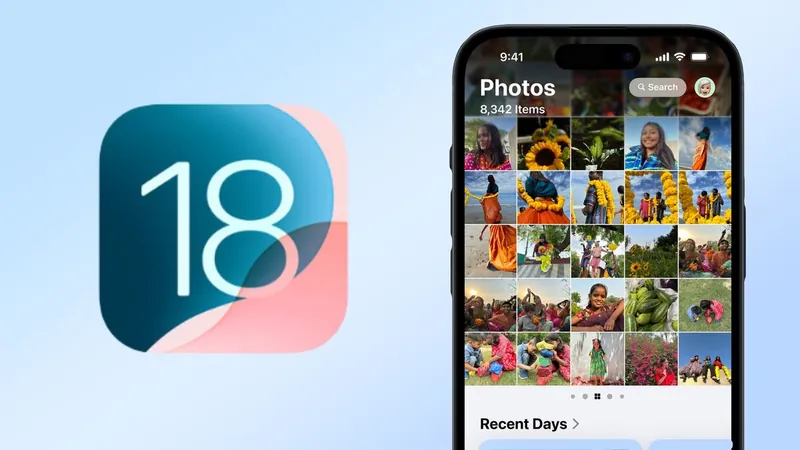
Google Revolutionizes AI with Gemini Update: Get Ready for a New Era of Smart Agents!
2024-12-11
Author: Mei
SAN FRANCISCO
In a groundbreaking announcement, Alphabet's Google has unveiled the second generation of its cutting-edge artificial intelligence model, Gemini, promising a future filled with innovative AI capabilities that extend far beyond traditional chatbots. During a recent event, CEO Sundar Pichai heralded this development as the dawn of a "new agentic era," where virtual assistants will possess enhanced autonomy in managing tasks for users.
Pichai emphasized that these new AI agents are designed to comprehend their surroundings better, anticipate user needs, and effectively take action under user supervision. This shift marks a significant leap in AI functionality, allowing for a much more interactive and seamless user experience.
With the tech industry buzzing, Google is eager to regain its footing in the fierce competition for AI dominance, particularly after OpenAI's ChatGPT captured the public's imagination following its release in November 2022. Since then, Google has been hard at work developing Gemini, which was first introduced in December 2023 and now comes in four distinct versions.
This latest update includes enhancements to the Flash model—the second most affordable option—which boasts improved performance alongside powerful capabilities for processing images and audio. Google's ambitious plans indicate that more advanced models will be launched in the upcoming year.
As Google fortifies its position, OpenAI continues to diversify its offerings, having unveiled a premium $200-a-month ChatGPT subscription service for advanced research and its innovative text-to-video model, Sora. However, Google’s strategy focuses on integrating AI technologies into its widely-used applications, which currently engage over 2 billion users monthly across platforms like Search, Android, and YouTube.
This extensive user base provides Google with a significant edge over emerging competitors like Perplexity, which is ambitiously seeking a valuation of $9 billion, and also newer research labs such as Anthropic and Elon Musk's xAI.
The upgraded Gemini 2.0 Flash model is set to enhance Google's search engine with AI-generated overviews, making information retrieval more intuitive. Ruth Porat, Google’s president and chief investment officer, reiterated the company's commitment to AI in search during the Reuters NEXT conference, calling it their most significant investment area.
In an exciting revelation, Google introduced reporters to Project Astra, a prototype universal agent capable of engaging users about whatever is visible to their smartphone camera in real-time. This powerful tool can converse in multiple languages while integrating data from Google Maps and the image recognition software, Lens.
Notably, Astra will also be trialed on prototype eyeglasses, signaling Google's renewed interest in wearable tech after the mixed reception of Google Glasses. With competitors like Meta recently revealing their AR glasses prototype, the pressure is on Google to reclaim its innovative edge.
Additionally, Google showcased Project Mariner, a Chrome browser extension that automates keystrokes and mouse clicks. This tool aligns with features developed by rival lab Anthropic, which aim to enhance users’ productivity, alongside a new programming assistance feature named Jules and a decision-making tool to help consumers navigate choices in video games effectively.
As tech enthusiasts await the full potential of these groundbreaking updates, it's clear that Google's commitment to AI is set to redefine how we interact with technology, ushering in a new era of intelligent, user-friendly agents. Stay tuned to discover how these advancements will shape our digital experiences!




 Brasil (PT)
Brasil (PT)
 Canada (EN)
Canada (EN)
 Chile (ES)
Chile (ES)
 España (ES)
España (ES)
 France (FR)
France (FR)
 Hong Kong (EN)
Hong Kong (EN)
 Italia (IT)
Italia (IT)
 日本 (JA)
日本 (JA)
 Magyarország (HU)
Magyarország (HU)
 Norge (NO)
Norge (NO)
 Polska (PL)
Polska (PL)
 Schweiz (DE)
Schweiz (DE)
 Singapore (EN)
Singapore (EN)
 Sverige (SV)
Sverige (SV)
 Suomi (FI)
Suomi (FI)
 Türkiye (TR)
Türkiye (TR)